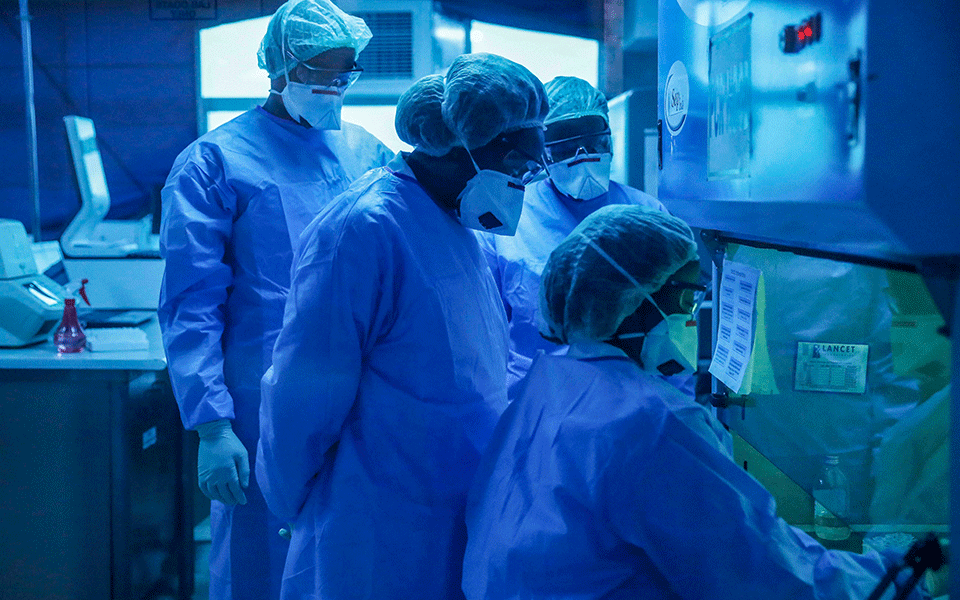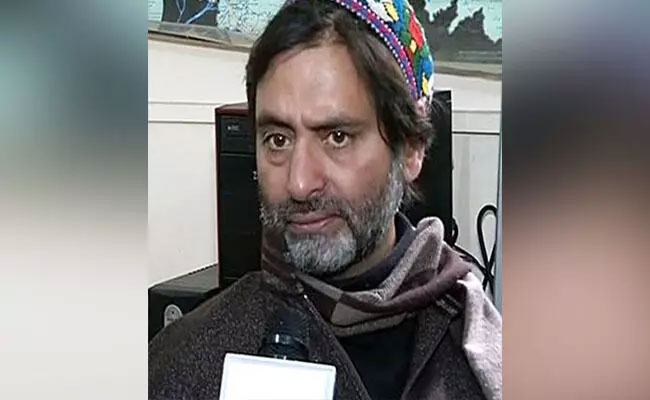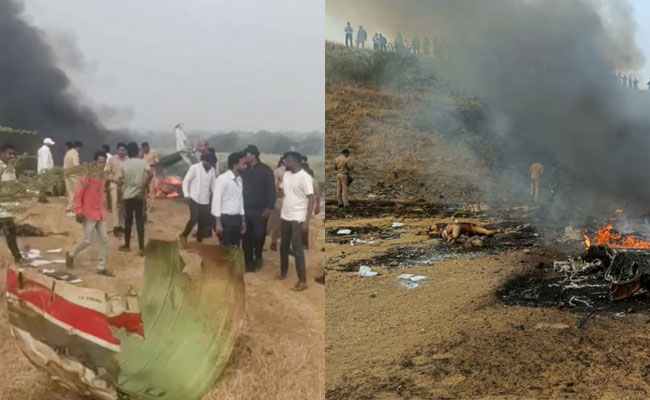Washington: Scientists have identified three different types of COVID-19 disease traits in patients, depending on their comorbidities, complications, and clinical outcomes, an advance that may help target future interventions to the most risk-prone individuals.
The new study, published in the journal PLOS ONE, analysed the electronic health records (EHRs) from 14 hospitals in the midwestern US and from 60 primary care clinics in the state of Minnesota.
According to the researchers, including those from the University of Minnesota in the US, the study included 7,538 patients with confirmed COVID-19 between March 7 and August 25, 2020, of which 1,022 patients required hospitalisation.
Close to 60 per cent of the patients included in the research presented with what the researchers called "phenotype II."
They said about 23 per cent of the patients presented with "phenotype I," or the "adverse phenotype," which was associated with the worst clinical outcomes.
The researchers said these patients had the highest level of comorbidies related to heart and kidney dysfunction.
According to the study, 173 patients, or 16.9 per cent presented with "phenotype III," or the "favorable phenotype," which the scientists said was associated with the best clinical outcomes.
While this group had the lowest complication rate and mortality, the scientists said these patients had the highest rate of respiratory comorbidities as well as a 10 per cent greater risk of hospital readmission compared to the other phenotypes.
Overall, they said phenotypes I and II were associated with 7.30-fold and 2.57-fold increases in hazard of death relative to phenotype III.
Based on the results, the scientists said such phenotype-specific medical care could improve COVID-19 outcomes.
However, they believe further studies are needed to determine the utility of these findings in clinical practice.
"Patients do not suffer from COVID-19 in a uniform matter. By identifying similarly affected groups, we not only improve our understanding of the disease process, but this enables us to precisely target future interventions to the highest risk patients," the scientists added.
Let the Truth be known. If you read VB and like VB, please be a VB Supporter and Help us deliver the Truth to one and all.
New Delhi (PTI): The Delhi High Court on Wednesday granted four weeks to the National Investigation Agency (NIA) to respond to a reply filed by separatist leader Yasin Malik to its appeal seeking death penalty for him in a terror funding case, and listed the matter for hearing on April 22.
As Malik, who was virtually appearing from Tihar jail where he is serving life sentence in the case, accused the agency of "wasting time" and causing him "trauma" by "taking dates" in the appeal filed in 2023, a bench of Justices Navin Chawla and Ravinder Dudeja said there was no urgency in the case.
"There is no urgency. This is for enhancement of sentence. You are already on life sentence," the bench remarked.
The court gave four weeks as "last opportunity" to the NIA to file its rejoinder.
NIA counsel submitted that Mailk filed a lengthy reply to the agency's appeal, which even had content "not related" to the case, and the rejoinder was being vetted.
He also objected to Malik's claim of NIA seeking repeated adjournments, and said Malik himself took one year to file his reply to the appeal.
He further informed the court that the agency was seeking an in-camera hearing in the matter.
A trial court in Delhi awarded Malik -- chief of the banned Jammu and Kashmir Liberation Front (JKLF)-- life sentence on May 24, 2022, after holding him guilty of various offences under the stringent Unlawful Activities (Prevention) Act (UAPA) and the Indian Penal Code (IPC).
The NIA filed an appeal in 2023 in the high court seeking enhancement of his life term to the maximum punishment of death penalty.
In its plea before the high court for enhancement of sentence to death penalty, the NIA said if such "dreaded terrorists" are not given capital punishment on account of pleading guilty, there would be complete erosion of the sentencing policy and the terrorists would have a way out to avoid capital punishment.
A life sentence, the NIA asserted, is not commensurate with the crime committed by terrorists when the nation and families of soldiers have suffered loss of lives and the trial court's conclusion that Malik's crimes did not fall within the category of the "rarest of the rare cases" for grant of death penalty is "ex-facie legally flawed and completely unsustainable".
In his reply filed to the NIA's appeal, Mailk said that he spent nearly three decades as a key figure in a state-sanctioned "backchannel" mechanism, working with a succession of prime ministers, intelligence chiefs, and even business tycoons to foster peace in Jammu and Kashmir.
In an 85-page affidavit submitted before the Delhi High Court, Malik shared details about his journey from his school days to links with terrorists and meetings with political leaders.
He claimed the state was attempting to "erase" the history of engagement.
Malik said "being a scapegoat in politics isn't a new thing, it's a kind of a new normal but being a sacrificial goat is something which goes beyond the shard of high handedness of morality, if at all politics had one".





